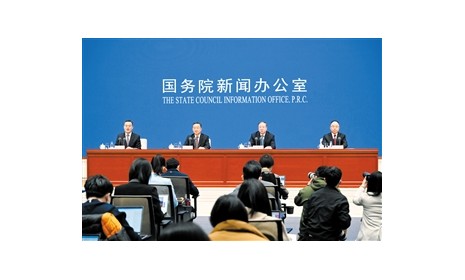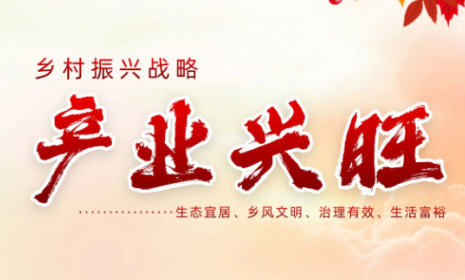2023年7月26日,据欧盟食品安全局(EFSA)消息,欧盟食品添加剂和调味剂小组(FAF)重新评估了靛蓝胭脂红(indigo carmine)(E 132)作为食品添加剂的安全性。
经过评估,小组得出结论,在报告的使用水平和提交的分析数据下,使用靛蓝胭脂红二钠盐不存在安全问题。部分原文报道如下:
Indigo carmine (E 312) was re-evaluated in 2014 by the EFSA Panel on Food Additives and Nutrient sources added to Food (ANS). The ANS Panel confirmed the acceptable daily intake (ADI) of 5?mg/kg body weight (bw) per day for indigo carmine allocated by JECFA (1975). The ANS Panel indicated that the ADI was applicable to a material with a purity of 93% pure colouring and manufactured using processes resulting in comparable residuals as material used in the Borzelleca et al. studies (1985, 1986) and Borzelleca and Hogan (1985) which were the basis for deriving the ADI. The ANS Panel considered that any extension of the ADI to indigo carmine of lower purity and/or manufactured using a different process would require new data to address the adverse effects on the testes observed in the Dixit and Goyal (2013) study. Following a European Commission call for data to submit data to fill the data gaps, an IBO submitted technical and toxicological data. Considering the technical data, the EFSA Panel on Food Additives and Flavourings (FAF Panel) recommended some modifications of the existing EU specifications for E 132, mainly to lower the limits for toxic elements. Considering the toxicological data, an IBO has submitted a 56-day dietary study to address the adverse effects on testes using a material with 88% purity. The results of this study submitted did not confirm the severe adverse effects observed in the Dixit and Goyal study. Considering all the available information, the Panel confirmed the ADI of 5?mg/kg bw per day for indigo carmine (E 132) disodium salts, meeting the proposed revisions of the specifications (85% minimum for the colouring matter). The Panel concluded that there is no safety concern for the use of indigo carmine (E 132) disodium salts at the reported use levels and submitted analytical data.
















